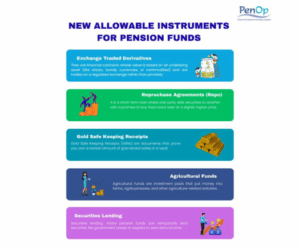Spectranet, Starlink, and FibreOne, three major players in Nigeria’s Internet Service Provider (ISP) are now serving a dominant 65 percent of the total actively connected ISP customer base.
This is a structural shift underway for the service providers as it comes despite a broader contraction across the market, according to Q2 2025 data from the Nigerian Communications Commission (NCC).
While Spectranet, one of the oldest players, maintains the lead, its customer decline puts its position at risk of being overtaken by Elon Musk’s Starlink, which has seen steady growth. FibreOne has secured the third position and is showing signs of recovery after initial customer losses.
Read also: 29 days after AWS, Cloudflare failure signals alarming trend in internet infrastructure
The ISP landscape is facing a significant shake-out, with nearly 40 percent of licensees going dormant. The NCC’s database shows 224 registered ISPs, but only 133 were active as of Q2 2025.
Collectively, these 133 active ISPs serve a total of 313,713 customers. However, the top three companies which are Spectranet, Starlink, and FibreOne account for 203,160 of these customers, leaving the remaining 130 ISPs to compete for the modest 35 percent share.
The primary pressure on core ISPs stems from the dominant Mobile Network Operators (MNOs) like MTN and Airtel. While core ISPs are indigenous companies licensed to provide only internet services, MNOs offer comprehensive internet and voice services under a unified license and remain the overarching market leaders.
MNOs currently boast a combined 140.6 million active internet subscriptions, towering over the 313,713 total customers served by the 133 active ISPs.
The aggressive deployment of 5G routers and Fibre to the Home (FTTH) services by MNOs is leading many enterprise and home customers to abandon traditional ISP providers in favor of the perceived cost-effectiveness and flexibility of mobile solutions.
Beyond external competition, Umar Danbatta, the former executive Vice Chairman of the NCC, has previously cited internal issues contributing to the market shrinkage, including anti-competition practices, inadequate spectrum, the high cost of bandwidth and Right of Way, and poor corporate governance.
Read also: Internet banking overtakes ATM, PoS as transaction values surge to ₦542.98trn
Industry experts stress that the decline of indigenous ISPs jeopardise Nigeria’s ambition to meet the National Broadband Plan (NBP 2020-2025) target of connecting 70 percent of the population to high-speed internet.
David Omoniyi, CEO of VDT Communications, noted that many of the over 200 licensed indigenous ISPs are now disappearing.









